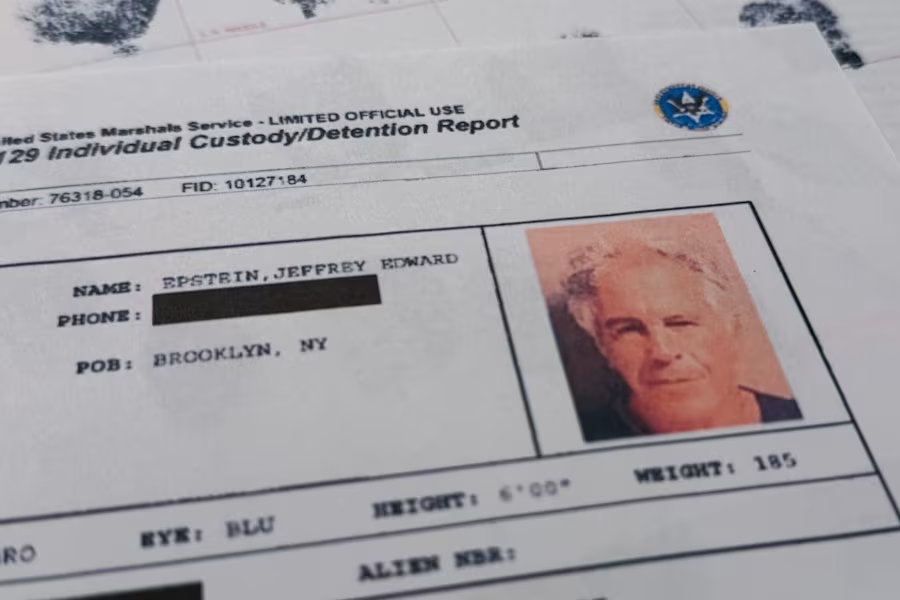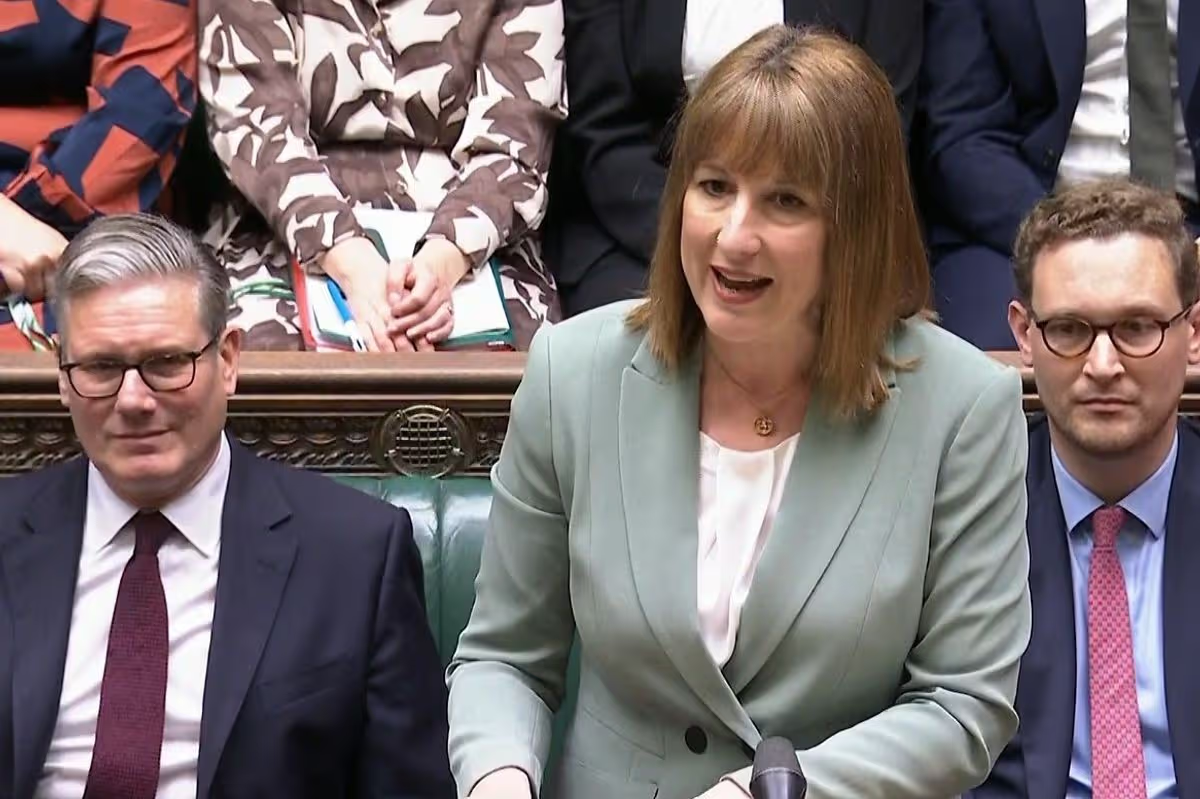We’ve all been there. We’ve all made financial mistakes. It’s part of life. But some mistakes can really mess things up for us in the long run. So, I’m here to help you avoid those common pitfalls and make smarter financial decisions.
1. Not Having a Budget
This is the most important mistake you can make. A budget is like a roadmap for your money. It helps you track where your money is going and make sure you’re not overspending.
How to create a budget:
- Figure out your income. This is how much money you make each month.
- Track your expenses. This includes everything you spend money on, from rent to groceries to coffee.
- Find the difference. This is your budget. It’s the amount of money you have left over each month after you’ve paid your expenses.
2. Ignoring Debt
Debt can be a real drag on your finances. If you’re not careful, it can snowball and become a major problem.
How to get out of debt:
- Create a debt repayment plan. This will help you stay on track and motivated.
- Prioritize high-interest debt. This is the debt that’s costing you the most money in interest.
- Consider debt consolidation. This is when you combine all of your debt into one loan with a lower interest rate.
3. Overspending
It’s easy to overspend, especially when you’re out shopping or browsing online. But if you’re not careful, you can end up spending more than you can afford.
How to avoid overspending:
- Track your spending. This will help you see where your money is going.
- Set a budget. This will help you stay on track.
- Use cash instead of credit cards. This will help you spend less.
- Avoid impulse purchases. Think about whether you really need something before you buy it.
4. Not Saving for Retirement
Retirement may seem like a long way off, but it’s important to start saving early. The sooner you start, the more time your money has to grow.
How to save for retirement:
- Contribute to your employer’s retirement plan. This is a great way to get started.
- Open an IRA. This is another type of retirement account that can help you save for retirement.
- Invest your money wisely. This will help your money grow faster.
5. Not Investing Wisely
Investing your money can be a great way to grow your wealth. But it’s important to invest wisely.
How to invest wisely:
- Do your research. Learn about different types of investments and how they work.
- Diversify your portfolio. This means investing in a variety of different assets, such as stocks, bonds, and real estate.
- Don’t put all your eggs in one basket. This means don’t invest all your money in one company or one type of investment.
- Consider working with a financial advisor. This can help you make smart investment decisions.
6. Not Having an Emergency Fund
Life is full of unexpected expenses. That’s why it’s important to have an emergency fund. This is a savings account that you can use to cover unexpected costs, such as a car repair or medical bill.
How to build an emergency fund:
- Start small. Even if you can only save a little bit each month, it’s a good start.
- Set a goal. Decide how much you want to save in your emergency fund.
- Automate your savings. This will help you save money without even thinking about it.
7. Ignoring Insurance Needs
Insurance is a safety net that can help you protect yourself from financial loss. There are many different types of insurance, such as health insurance, car insurance, and home insurance.
How to choose the right insurance:
- Do your research. Learn about the different types of insurance and how they work.
- Compare rates. Get quotes from different insurance companies to find the best rates.
- Make sure you have enough coverage. You don’t want to be underinsured.
8. Making Impulsive Purchases
Impulsive purchases can really hurt your budget. Before you buy something, take a step back and ask yourself if you really need it.
How to avoid impulsive purchases:
- Create a waiting period. Give yourself some time to think about a purchase before you make it.
- Shop with a list. This will help you stay focused and avoid buying things you don’t need.
- Use cash instead of credit cards. This will help you spend less.
9. Not Educating Yourself Financially
Financial literacy is the ability to understand and manage your money. It’s an important skill to have, no matter what stage of life you’re in.
How to improve your financial literacy:
- Read books and articles about personal finance.
- Take a financial literacy class.
- Talk to a financial advisor.
10. Not Setting Financial Goals
If you don’t know where you’re going, you’re not going to get there. That’s why it’s important to set financial goals.
How to set financial goals:
- Make your goals specific, measurable, achievable, relevant, and time-bound. This is known as the SMART goal method.
- Write down your goals. This will help you stay motivated.
- Review your goals regularly. This will help you stay on track.
I hope this blog post has helped you learn more about the top 10 financial mistakes to avoid. By following these tips, you can make smarter financial decisions and build a strong financial future.
Disclaimer: This blog post is for informational purposes only and should not be construed as financial advice. Please consult with a qualified financial advisor before making any financial decisions.











